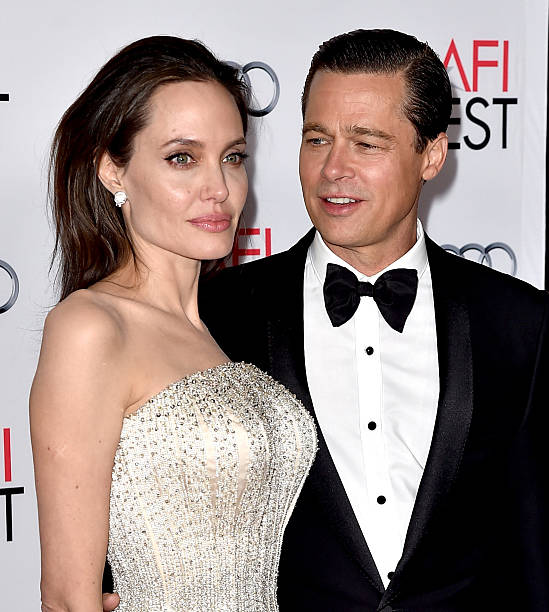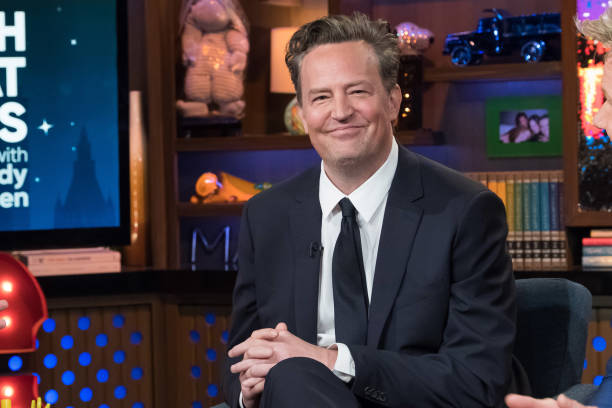Callie Hernandez — In crafting meta-experiments that intertwine fiction with filmmakers’ real-life narratives, there exists the inherent risk of the final product being inscrutable, especially if viewers aren’t spoon-fed substantial context beforehand. This challenge is less daunting for traditionally told stories by globally renowned artists exploring (semi)autobiographical themes—think Steven Spielberg’s “The Fabelmans.” However, the challenge intensifies for indie filmmakers whose works are inherently more eccentric. What might seem like a fascinating behind-the-scenes narrative, as outlined in a press kit, doesn’t always translate into an engaging or even comprehensible film for those entering the experience without prior insight.
Fortunately, this isn’t the case with “Invention,” a succinct, absorbing, and heartfelt fusion of fiction and documentary, credited to Callie Hernandez and Courtney Stephens. Both women collaborated on the script, with Hernandez also starring and Stephens directing.’
Callie Hernandez :

Hernandez made her film debut as ‘Space Babe’ in “Machete Kills,” though her first role was a brief, uncredited appearance in Terrence Malick’s “Song to Song.” Since then, she has consistently shone as a standout in both mainstream and more offbeat indie films by visionary directors. She’s one of Emma Stone’s singing friends in an early scene in Damien Chazelle’s “La La Land,” nearly survives to the end in both Ridley Scott’s “Alien: Covenant” and Adam Wingard’s “Blair Witch,” and has enchanted the likes of Andrew Garfield in David Robert Mitchell’s “Under the Silver Lake” and directors Justin Benson and Aaron Moorhead in “The Endless.”
Director Courtney Stephens, on the other hand, has built a formidable career in experimental and non-fiction cinema, including the 2021 feature “Terra Femme,” an anthology of unrelated travel footage shot by women from the 1920s to 1950s, woven together by Stephens to explore the role of documentation in our lives. Stephens’ work, deeply rooted in the diverse possibilities of archival material, makes her an ideal collaborator for this project, which reportedly originated from Hernandez’s own concept.
“Invention” dramatizes the immediate aftermath of Hernandez’s real-life father’s death in the fall of 2021, with a nod to Covid skepticism suggesting a similar timeframe for the film’s events. Hernandez’s father, an alternative health doctor, appeared on TV multiple times from the 1990s up to 2020, with VHS recordings of these appearances incorporated into the film from the outset. Hernandez portrays a woman—wittily named Carrie Fernandez—grappling with the death of her estranged inventor father, who is only seen through this archival footage.
Carrie learns from an executor (James N. Kienitz Wilkins) that her father’s failed investment ventures have left his estate open to claims from various parties. However, he also set up a separate trust to ensure Carrie would inherit something: a patent for an experimental healing device that was recalled by the FDA and is now in legal limbo. This invention, housed in a room at her father’s home, becomes Carrie’s sole inheritance.
As Carrie visits the town where her father lived—partly to sell his house—she encounters locals who had business dealings with him. These mildly humorous meetings usually involve Carrie announcing herself as the doctor’s daughter, listening to an awkwardly amusing description of her father’s eccentricities, and then bluntly breaking the news of his death.
One particularly invested individual, Babby (Lucy Kaminsky), arrives at the deceased’s house seeking guidance, only to be devastated by Carrie’s news. A fervent believer in the doctor’s attempts to harness the healing power of energetic frequencies, Babby speculates that the father’s death might have been due to the world-altering potential of his discoveries. Hernandez’s real father reportedly held similar conspiracy beliefs, and from this scene onward, the film deftly explores grief as a trigger for and container of conspiratorial thinking—how fantastical constructs can be the easiest, or sometimes the only, way to process loss.
Carrie, however, is portrayed as a woman without faith in any belief systems, whether mainstream or fringe, highlighted in a particularly humorously awkward scene where her Christian boss (Joe Swanberg) at a manufacturing workshop insists on praying for her well-being, assuming she has no one else to pray for her. Hernandez’s deadpan delivery amplifies the film’s dry humor, making her genuine laughter during a post-coital scene with a local antique shop worker (Sahm McGlynn) all the more endearing, and her eventual tears all the more poignant.
While “Invention” may feature familiar narrative elements typical of many grief dramas, the experience is rendered unique through Stephens’ fluid and increasingly abstract direction. In addition to the archival footage, the film is shot on Super 16mm, with Stephens incorporating mesmerizing, effects-driven sequences between scenes—imagery that could be interpreted as dreams or as the workings of Carrie’s father’s medical invention if it indeed functions as intended.
Throughout the film, a lit red candle occasionally frames scenes, with accompanying audio that references the construction of the film itself. For example, before we first see the executor, we hear Kienitz Wilkins mistakenly address Carrie as “Miss Hernandez” before being corrected to “Fernandez.” At other points, we hear the actors discussing the material, with Hernandez elaborating on real autobiographical details when prompted by her co-stars.
“Invention’s” final act, during its brief 72-minute runtime, may not offer the most conventional or satisfying conclusion, opting instead for transcendence through the escalation of its atmospheric techniques over providing a clear resolution for Carrie. But then again, when does the grieving process ever deliver unequivocal answers? In one of the film’s fourth-wall-breaking moments, Joe Swanberg remarks, “We’re making an improvised film, we’ve got to let the magic happen.” While he’s responding to Hernandez making music between takes, it’s an apt comment on the entire project’s success. This film is an open-hearted, playful, and insightful exploration of just how far one can push the boundaries between metafiction and explicit documentary, ultimately achieving its own brand of cinematic magic.



One thought on “Callie Hernandez and Courtney Stephens ‘Invention’ Take the Grief Drama to Strange New Places”